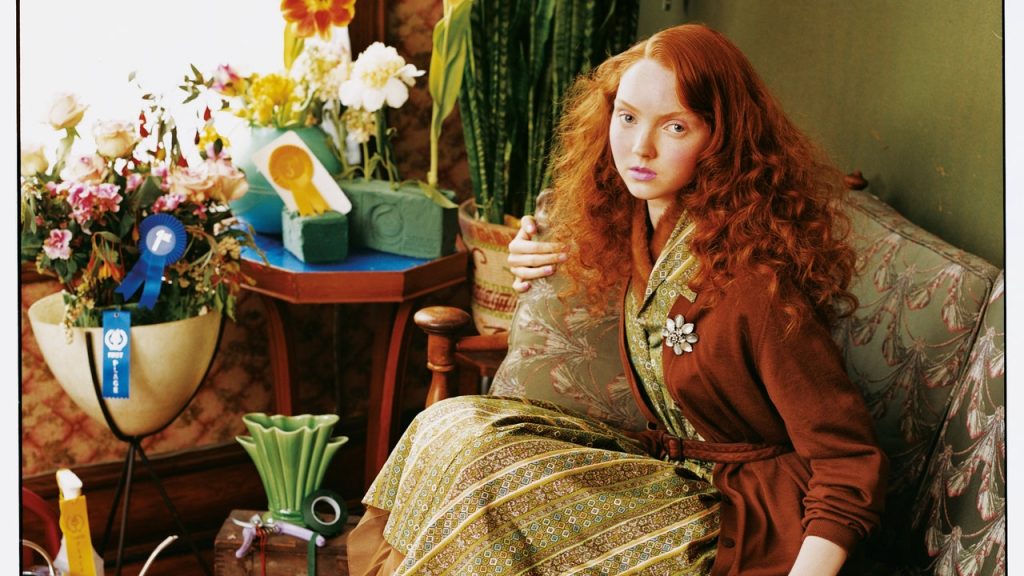Psychologist Laura Palomares defines psychological minimalism as simplifying one’s lifestyle to focus on the present and let go of excess information. To put this theory into practice, the Netflix documentary The Minimalists: Less Is Now follows Joshua Fields Millburn and Ryan Nicodemus, creators of the podcast The Minimalists, who advocate for a minimalist approach to life. They developed the “30-day minimalist game” where participants gradually declutter by getting rid of one item on the first day, two on the second day, and so on. Fields Millburn took on the challenge himself and ended up getting rid of 90% of his possessions, only keeping items that serve a purpose or bring him happiness.
The excess of material possessions in American households can lead to stress and anxiety, according to the documentary. Nicodemus found that 80% of his possessions stored in boxes were never unpacked because they were unnecessary. Psychologist José Elias states that minimalism allows us to appreciate essential items and enjoy more time for ourselves, rather than worrying about storing and maintaining unnecessary items. By simplifying our lives, we can create space for health, relationships, creativity, and personal growth, as noted by Fields Millburn in the documentary.
The idea that having more leads to wanting more is addressed by T.K. Coleman, director of the Foundation for Economic Education. He recognizes that human desires are insatiable, and accumulating material possessions does not necessarily lead to long-term happiness. Minimalism encourages individuals to focus on the essentials and find contentment in simple pleasures rather than constantly pursuing new desires. Consequently, decluttering our physical space and prioritizing emotional well-being can lead to a more fulfilling and balanced life.
By participating in the minimalist lifestyle, individuals can experience a sense of relief and liberation from the burden of material possessions. Fields Millburn highlights the benefits of minimalism in providing more time and energy for meaningful activities such as relationships, personal growth, and helping others. The process of decluttering not only involves getting rid of physical items but also simplifying digital clutter such as excess files and photos on electronic devices, facilitating a clearer and more focused mindset.
The minimalist philosophy emphasizes quality over quantity, encouraging individuals to appreciate and enjoy the few essential items they possess. With fewer distractions and less clutter, one can find more clarity and peace in their daily life. As individuals reduce material possessions and unnecessary commitments, they create space for personal growth and self-care, leading to a more intentional and purposeful existence. Ultimately, embracing minimalism can bring about a greater sense of fulfillment and well-being by prioritizing what truly matters in life.


